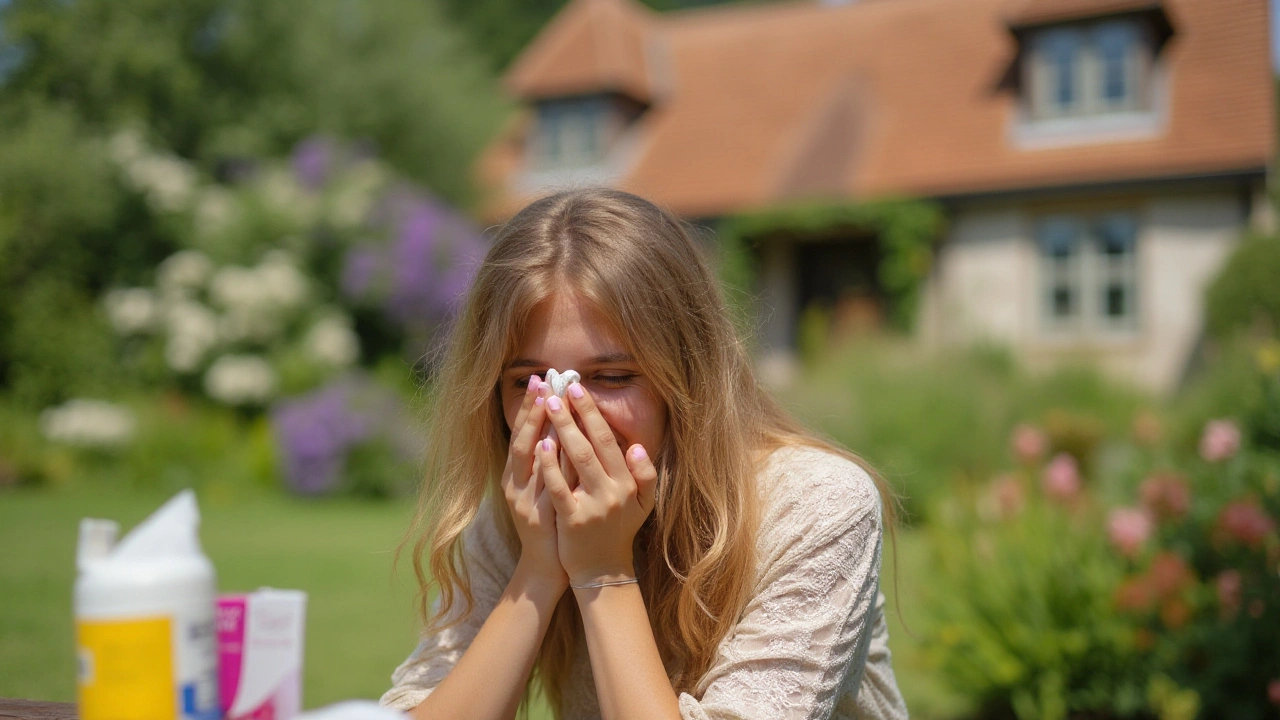Seasonal Allergies: Triggers, Symptoms & Simple Relief
If you’ve ever sneezed nonstop while stepping outside in spring, you know how annoying seasonal allergies can be. The good news is that most of what makes you itch or wheeze isn’t a mystery. By spotting the culprits and acting fast, you can cut the misery without relying on a prescription every time.
Common Triggers You Can Spot
The main offender is pollen – tiny grains from trees, grasses and weeds that float in the air when plants release them to reproduce. Tree pollen peaks early spring, grass pollen hits mid‑summer, and weed pollen dominates late summer into fall. Besides pollen, mold spores thrive on damp leaves and soil, adding another layer of irritation.
Weather plays a big role too. Warm, windy days stir up pollen and push it farther inland. After rain, the air clears for a few hours, but as soon as it dries, pollen levels rise again. Knowing your local forecast can help you plan outdoor activities when counts are low.
Quick Ways to Keep Symptoms in Check
First line of defense: keep windows closed on high‑pollen days and use an air purifier with a HEPA filter indoors. Showering and changing clothes after coming home removes pollen that stuck to your skin and hair, preventing it from spreading around the house.
Over‑the‑counter antihistamines are cheap, fast‑acting options for sneezing, itching and watery eyes. Look for non‑drowsy formulas if you need to stay sharp at work or school. If nasal congestion is your biggest problem, a saline rinse or a steroid nasal spray can clear the passages without the buzz of pills.
Natural helpers also have a place. Local honey, rich in tiny amounts of local pollen, may help your body build tolerance over time – just give it a few weeks before judging results. Vitamin C and quercetin act as natural antihistamines; adding orange juice or an apple‑based supplement can boost your defenses.
Finally, track your symptoms with a simple diary. Note the day, weather, what you ate, and how bad the reaction was. Patterns emerge quickly and will show you which plants or activities cause the most trouble.
Seasonal allergies don’t have to rule your life. By recognizing pollen peaks, sealing your home, using the right over‑the‑counter meds and a few lifestyle tweaks, you can enjoy the outdoors without constant sneezing. Keep this guide handy, and when allergy season rolls around, you’ll be ready to fight back with confidence.
Seasonal allergies can make life difficult with constant sneezing, coughing, and congestion. This article explores if Budesonide Formoterol, typically used for asthma, can also help alleviate the symptoms of seasonal allergies. Learn about how this medication works and whether it might be the right solution for you.


 Medications
Medications